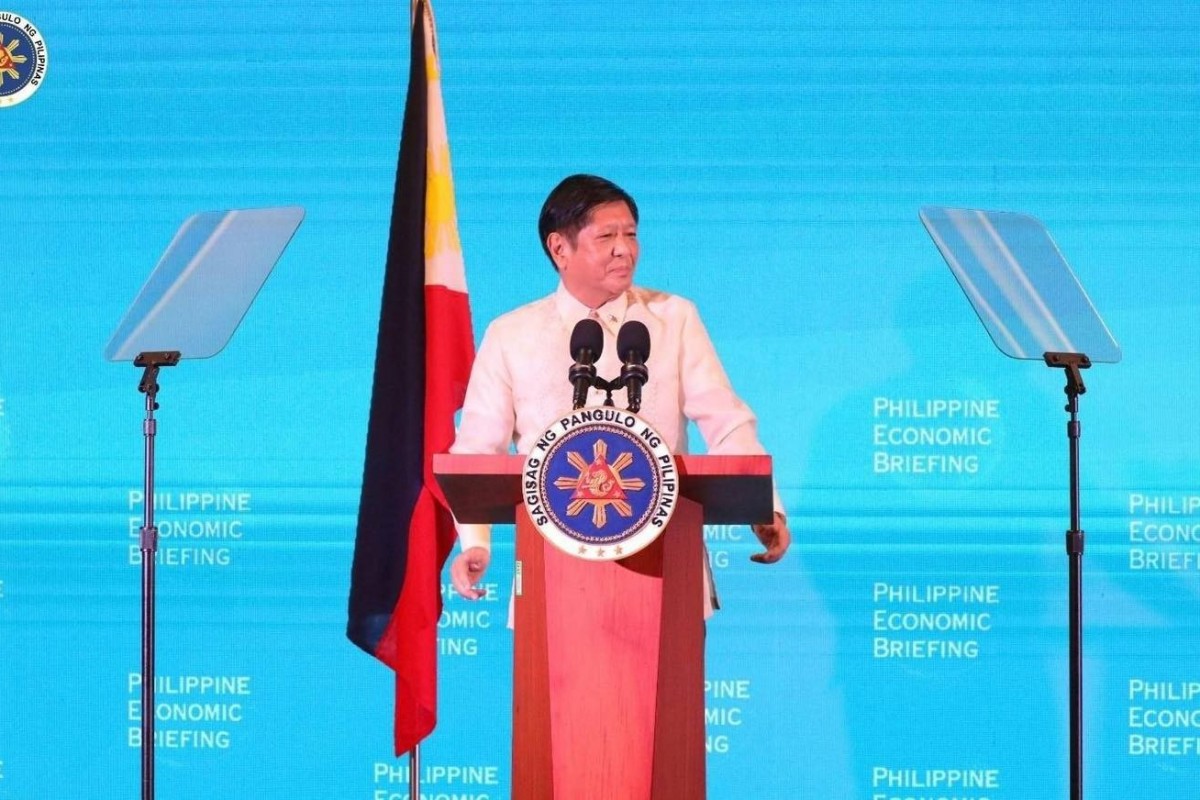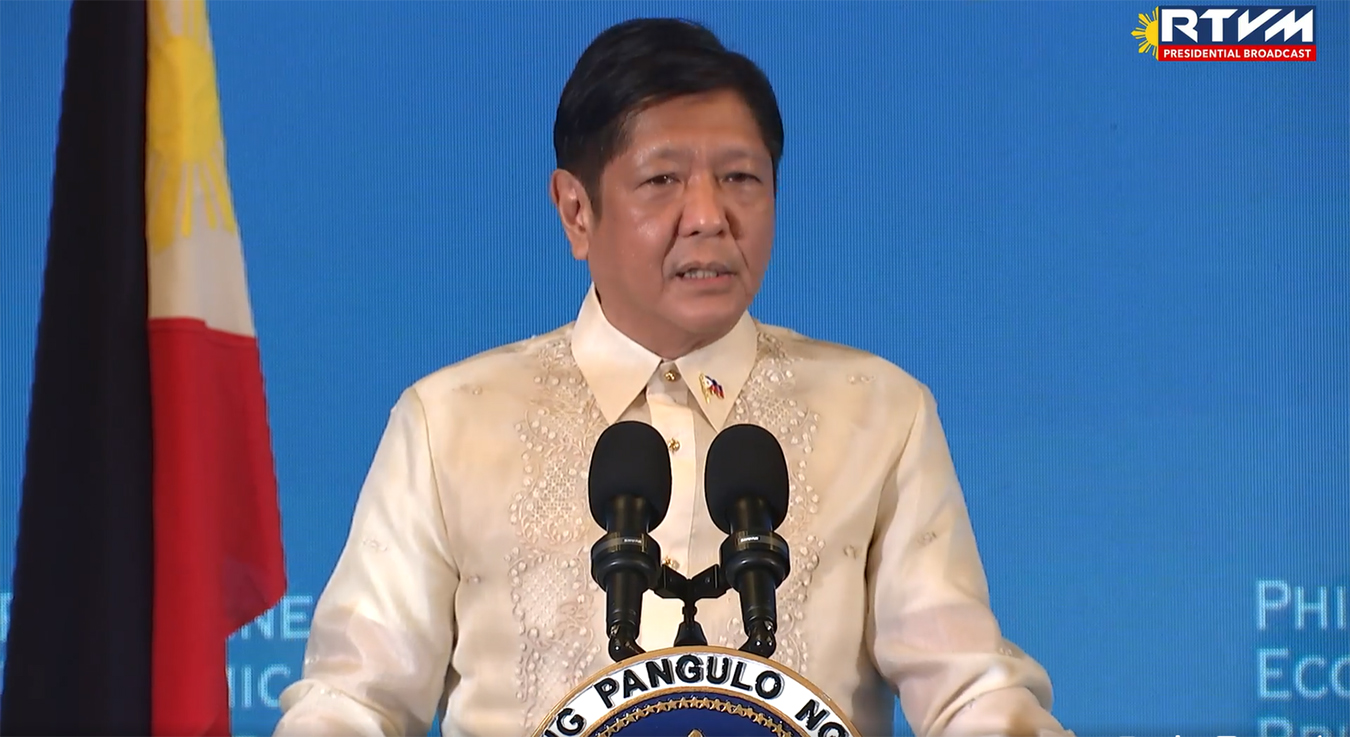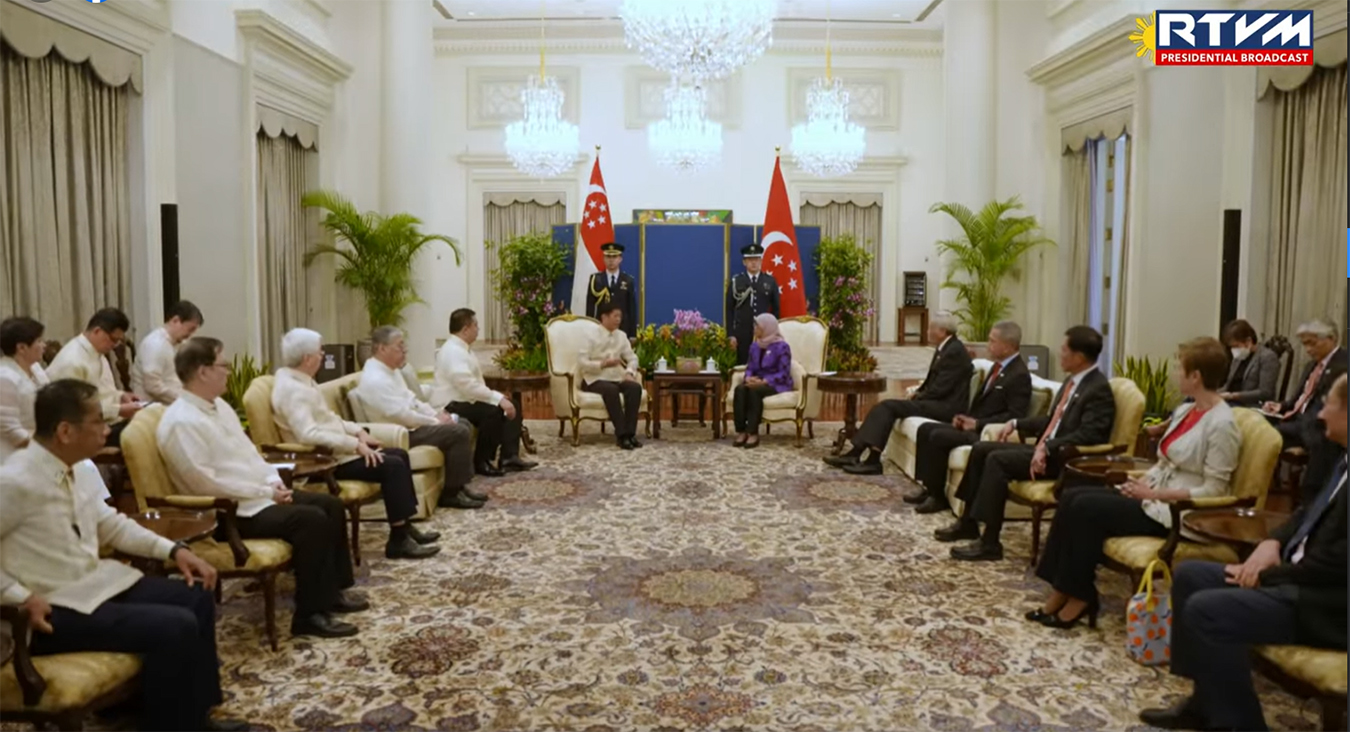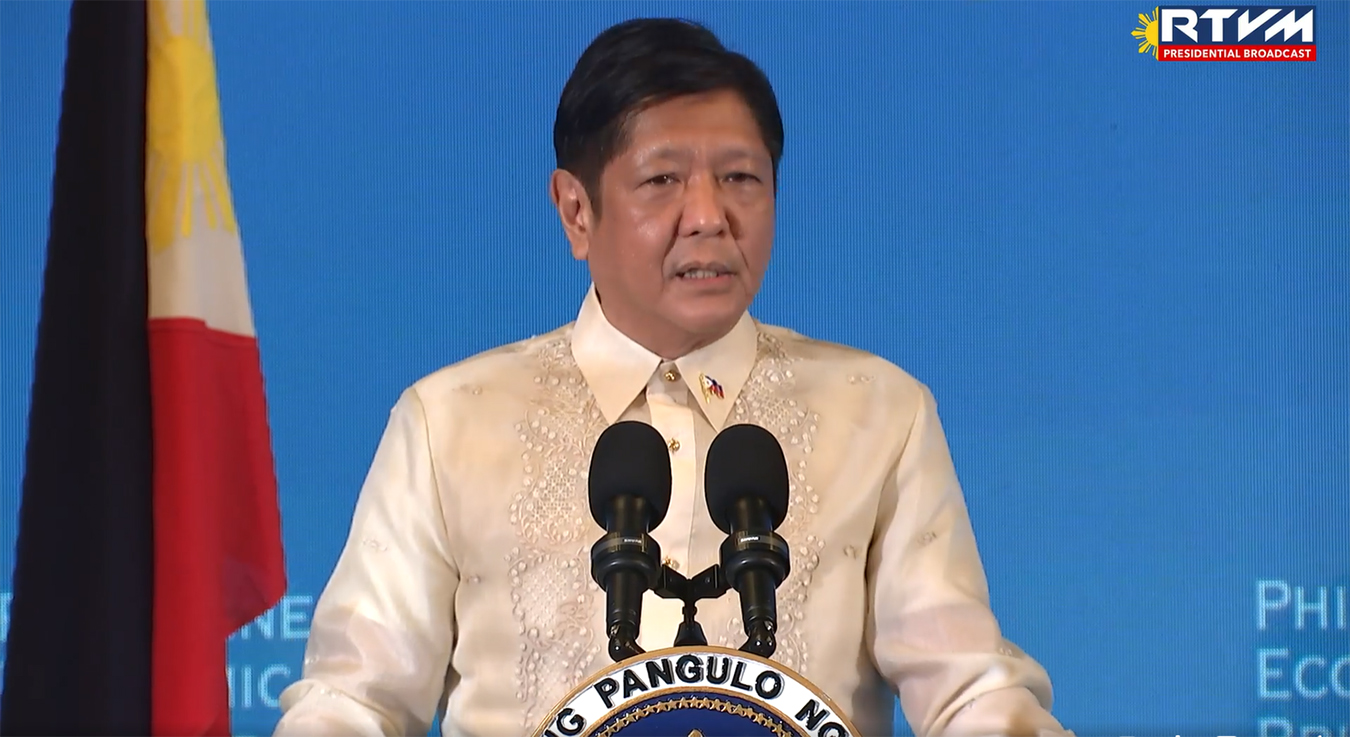MANILA -- President Ferdinand “Bongbong” Marcos Jr. has proven his skill as the country’s top salesman as he convinced Singapore-based businessmen to invest in the Philippines with a total of USD 6.54 billion worth of foreign direct investments.
The total Singapore investments to the Philippines equivalent to PHP 374.57 billion is expected to generate jobs to an estimated 15,000 Filipino workers.
Singaporean business leaders were upbeat on President Marcos’ first state visit to their country as they signed Letters of Intent to invest in the Philippines during the Singapore Business Round Table Meeting on Wednesday (Sept. 7).
In an earlier speech at Philippine Economic Briefing at the Shangri-La Hotel, Marcos invited foreign businesses to put their investments in the Philippines, describing the country as “Asia’s fastest rising star.”
Marcos encouraged businesses to seize the opportunities in the country as he invited strategic investors from the international community to take part in the Philippines’ economic resurgence, which is grounded on a favorable investment policy environment, sound macro-economic fundamentals, and a strong and decisive economic team.
“We are presently on a steady path to a strong recovery from the pandemic and a robust economic expansion. In the next few years, our economy is expected to outperform our regional peers. My administration is committed to establishing an even more competitive business climate conducive to high-value investments,” he told foreign business leaders.
Topping the list of Singaporean investments to the Philippines is electronic tricycles valued at USD 5 billion. This investment in the transportation sector is seen to lessen air pollution emitted by an estimated 3.5 million tricycles nationwide.
The next top Singaporean investment is in renewable energy, specifically the new technology of floating solar valued at USD 1.2 billion.
“You will notice that the top two investments of Singapore to the Philippines are both environment-friendly and are aligned with the government’s program on climate change,” Press Secretary Trixie Cruz-Angeles said.
The next top investment is the setting up of in-country Data Center valued at USD 200million. This is expected to employ Filipinos especially in the IT (Information Technology) and creative industry.
Singaporean businessmen also expressed interest on the so-called “Blue Economy” where they are expected to invest from USD 10 million to USD100 million in areas such as marine renewable energy, water production, desalination, electric boats as well as aquaculture.
Investments on “Innovation Platform for Start-ups” was pledged at USD 20 million while another USD 20 million will be invested on “Women in Technology.”
In addition to foreign investments, the Singapore government has also approved the hiring of more Filipino workers in the city-state where 200,000 Filipino migrant workers are currently employed.
Department of Migrant Workers (DMW) Secretary Susan V. Ople met with Manpower Minister Tan See Leng, who assured his counterpart with close to 10,000 new job orders for Filipino workers.
Ople said that the goodwill arising from the President’s state visit and the lifting of the 27-year-old guarantee bond will lead to more and better job prospects for Filipinos who wish to work in Singapore.
“Even prior to the President’s visit, our Philippine Overseas Labor Office (POLO) in Singapore had already approved close to 10,000 job orders with 5,000 jobs awaiting aircraft technicians in the aviation industry,” Ople said.
She explained that approved job orders refer to immediate manpower requirements given by Singaporean employers to the POLO that are expected to be filled up in the next few months.
The breakdown of approved job orders submitted by Singaporean employers are as follows: Aviation industry – 5,000 aircraft technicians; Medical industry – 3,000 healthcare workers; Engineering industry – 1,000 skilled workers; Education industry – 500 workers; I.T. sector – 300 workers.
Ople anticipates a surge in demand for OFWs in Singapore with the success of the President’s visit and the reforms being undertaken by the DMW in promoting ease of doing business strategies such as digitalization of various recruitment processes. (PND)





